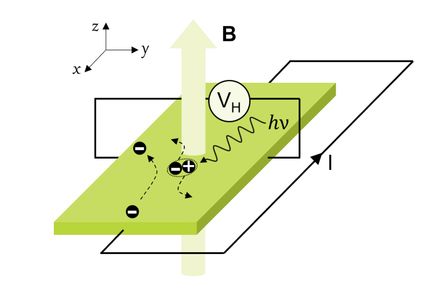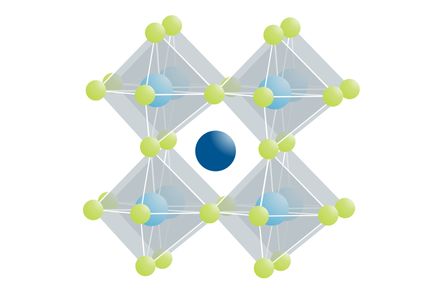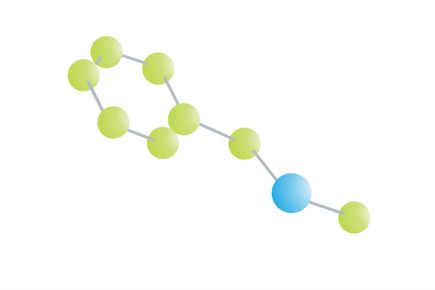Echoes lab’s research focuses on new families of semiconductors that include halide perovskites and organic semiconductors. These emerging materials have in common their softness associated with a lack of strong covalent bonds. While this peculiarity is primarily used as an advantage allowing for low temperature processing compared to Silicon and Gallium Arsenide, lattice softness also results in inferior optoelectronic properties. Our research interests lie in the physics of these new semiconductors, which can differ substantially from traditional semiconductors. Moreover, the rich design space that underpins the appeal for these materials is considerably extending the pool of available and potential semiconductors, making the quest for unifying rules likely vain. Nevertheless, effective development of technologies requires a comprehensive understanding of the semiconductor physics involved across this new landscape of materials.
As experimentalists, we use electrical characterisation techniques to access fundamental properties of semiconductors. In practice, electrical characterisation simply comes down to resistance measurements, and properties such as charge carrier density or the existence, nature and impact of defects must be indirectly uncovered. To this end, resistance is measured under various conditions, for example varying light intensity and wavelength, temperature, magnetic field, or using an oscillating instead of continuous input bias. We are particularly interested in advanced Hall and photo-Hall effect providing access to previously inaccessible parameters. Combining sensitive electrical measurements with optical and material characterisation techniques offers a complete picture of the semiconductor properties. Our group is aiming at leveraging this knowledge to control and optimise emerging semiconductors properties for solar energy applications.
Our research is currently is divided into three overlapping themes:
Research blocks
Current funding schemes:
- Royal Society Research Grant 2023



